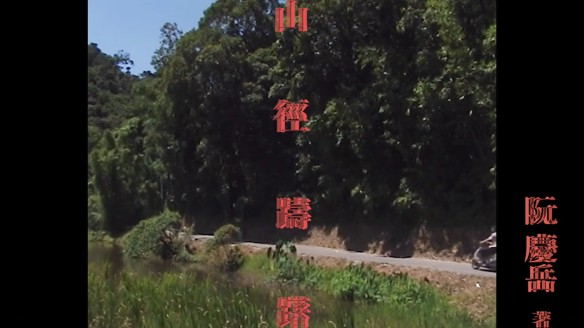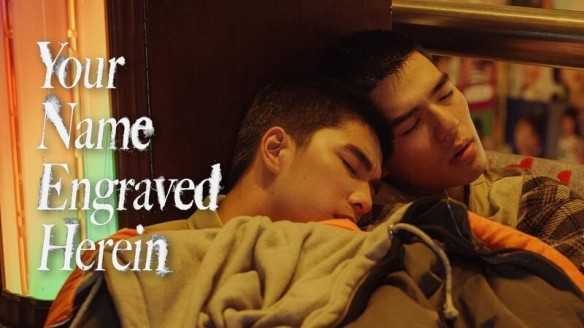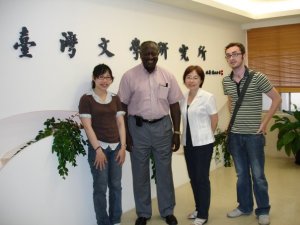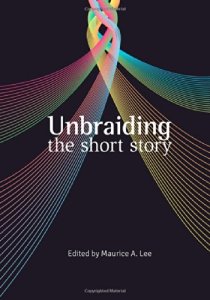A woman travels to the east of Taiwan in the wake of her husband’s suicide in an attempt to discover the mystery behind a charitable donation he made before his death. Despite the charitable donation leading to somewhat of a dead end, she decides to stay on in the largely indigenous village. Her son, who suffers from autism, flourishes in this new environment, however her new romantic attachment, an indigenous man who helps her rebuild her house and teaches her son to hunt, may not be all he seems.

Through most of the course of reading this book, I was expecting it to make a dramatic revelation, whether about autism, the dodgy dealings of the man she falls in love with in Taitung or the mystery behind her late husband’s charitable donation, but it never came. The book, as readable as it is, rejected my attempts to read it as a crime novel or psychological thriller. Nor does the author feel the need to resolve any of the questions thrown up by the narrative; instead of narrative resolution, the main character achieves a vague sort of spiritual resolution in the end, through the prism of her autistic son.
The book does pose some interesting questions itself, however, about autism, the experience of indigenous people and migrant workers in Taiwan and even about the healthiness of modern urban life.
I first became aware of this novel when the author asked me to translate an excerpt for a short video performance:
The short excerpt he provided, however, was quite different in feel from the novel in its entirety, as it was a brief venture into the mind of the protagonist’s autistic son.
These brief sojourns into an autistic mind (the author uses the term Asperger’s) didn’t capture an autistic voice for me with the convincing style of Mark Haddon’s book, The Curious Incident of the Dog in the Night-Time, but rather endowed the child with some kind of spiritual mysticism, evoking for me the lasting controversy over the “idiot-savant” portrayal of autism in the film Rain Man.
We spend most of the time in the novel observing the child from the mother’s perspective. At first she resists the diagnosis and seeks out a “cure” or some way to access the “real child” hiding under the façade of the autistic child:
當兒子被診斷確定患有「亞斯伯格症」,男人和自己都深深地被震撼驚嚇了,先想著自己當初究竟有沒有犯了什麼有心或是無意的錯誤,才造成這樣的結果。譬如有人說孩子出生下來接種的某些疫苗,可能會造成嬰兒腦細胞的傷害,因此才造成這樣生來後的缺憾;傅憶平甚至因此對疫苗產生恐懼與懷疑後,聽從某個醫生的建議,採取了所謂「生醫療育」的方法,就是認為留在小麥和乳製品裡的蛋白質,小孩因為接種了某些疫苗的影響,不但無法好好的吸收這些蛋白質,有時還會反過來滲透腸壁,經由血管進入大腦進行破壞。
Whenever her son’s diagnosis with Asperger’s syndrome was confirmed, she and her husband were deeply shaken. First of all they thought of what mistakes they’d made, whether deliberate or accidental, that had resulted in this state of affairs. For example, some people say that when a child is first born and receives certain vaccinations, they can damage the infant’s brain cells, resulting in this regrettable situation after birth; Fu Yi-ping even started to fear vaccinations and on the suggestion of a doctor, she took up ‘biomedical therapy’. This consisted of the belief that after children are vaccinated they are unable to absorb the protein in wheat and milk products, and that sometimes this protein will seep through the wall of the intestine, and cause damage to the brain through the blood vessels.
This worrying anti-vax sentiment isn’t directly challenged throughout the novel, although her husband tries to get her to accept her child:
Continue reading



